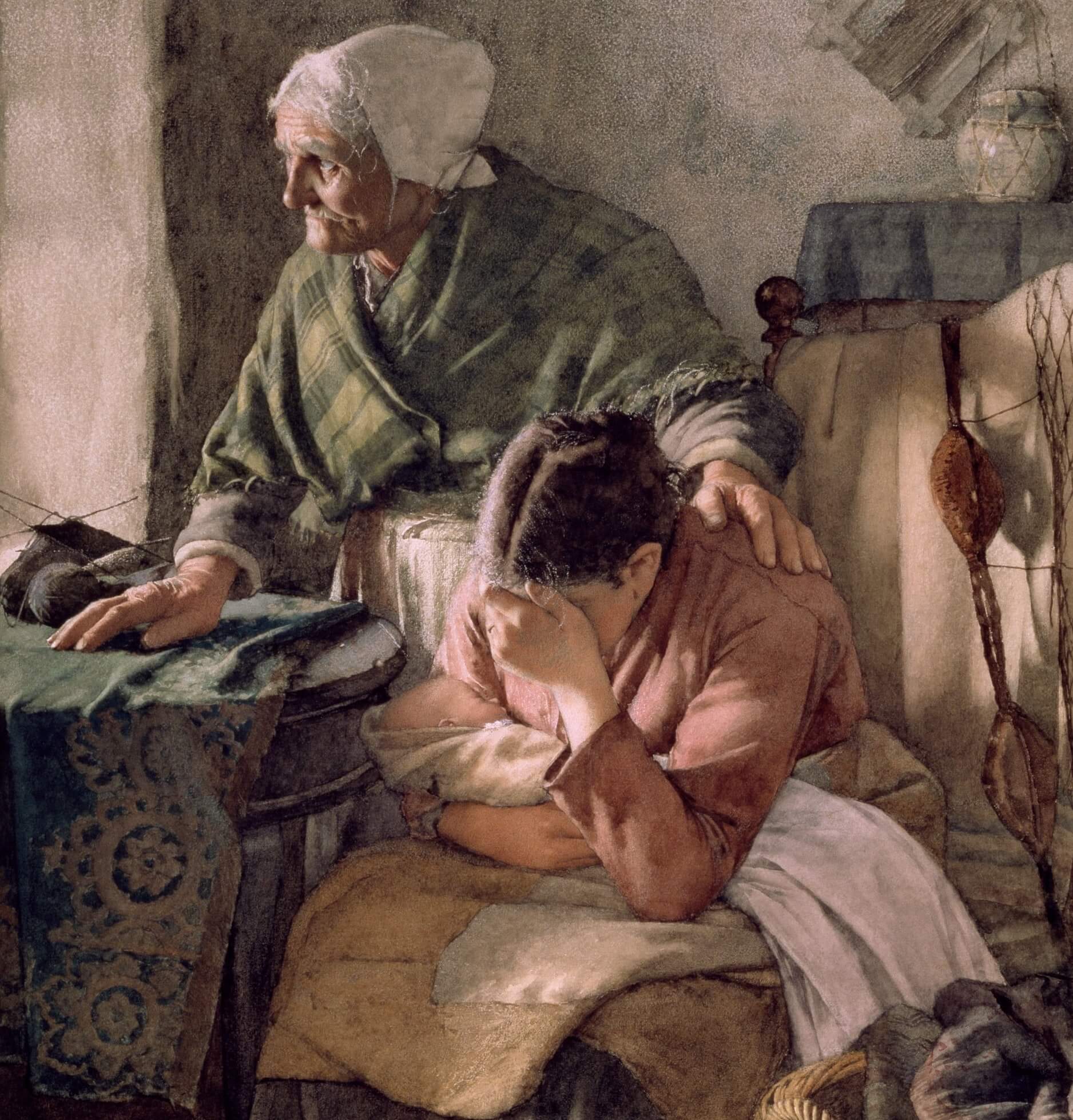Sociability • Communication
How We Can Hurt Without Thinking
A lot of evil is done in the world by people who can’t imagine that they have any power to hurt anyone. It’s their sense that nothing is at stake in their behaviour towards others that leads them to ignore the rules of politeness and humanity – and to kick people as if they were plated in armour.
They are – in this respect – paying homage to childhood. Think of the situation of a young child, of perhaps six, who has fun mocking a parent’s double chin or the wrinkles around their eyes. To this child, the parent is still, in many ways, an invulnerable deity. They live in a remote, impressive world of work, credit cards, driving and the news. How could someone of such stature be hurt by a comment about their less than perfect physique by a tiny person who can’t spell properly?

But the child is missing the point. Their words do hurt. They can make their parents cry (in private). The child simply can’t grasp how desperate and anxious their parent might be, how every morning they might stare in dismay into the bathroom mirror at the visible signs of ageing that speak to them relentlessly of a wrongly lived-life. The parent, out of dignified generosity, has shielded their child from their own fragility. And now their child is paying them a beautiful if misguided, compliment: a belief that they are beyond suffering.
Something related may happen when employees get together to gossip about the person they work for. In their imagination, the boss is so far above them that it couldn’t possibly matter what they say about them. It’s only when they themselves move to senior positions that they start to realise how vulnerable the person in charge might feel, how completely normal it is to want to be liked (even if you have a seat on the board) and how imperfect your self-esteem might be.
This idea casts a useful light on the activity of particularly dangerous people online. Their venom isn’t the expression of a feeling of power. Rather, the troll tends to feel like a medieval vagabond outside a heavily fortified city, hurling insults and threats at what they take to be comfortable inhabitants sleeping behind meters of stone walls lined by vigilant troops. They want to hurt, but they don’t in any way actually imagine they can; that is what renders them quite so vicious.
True kindness may require us to take on board a very unfamiliar idea: however young we are, however forgotten and ignored we feel we are, we have a power to cause other people serious damage. It isn’t because we aren’t wealthy or revered in elite circles that we thereby lose a capacity either to comfort or to wound strangers. We become properly moral, and properly adult, when we understand that we may all, whoever we may be, ruin someone’s day, and on occasion, through a few incautious and misplaced words, their life.

























